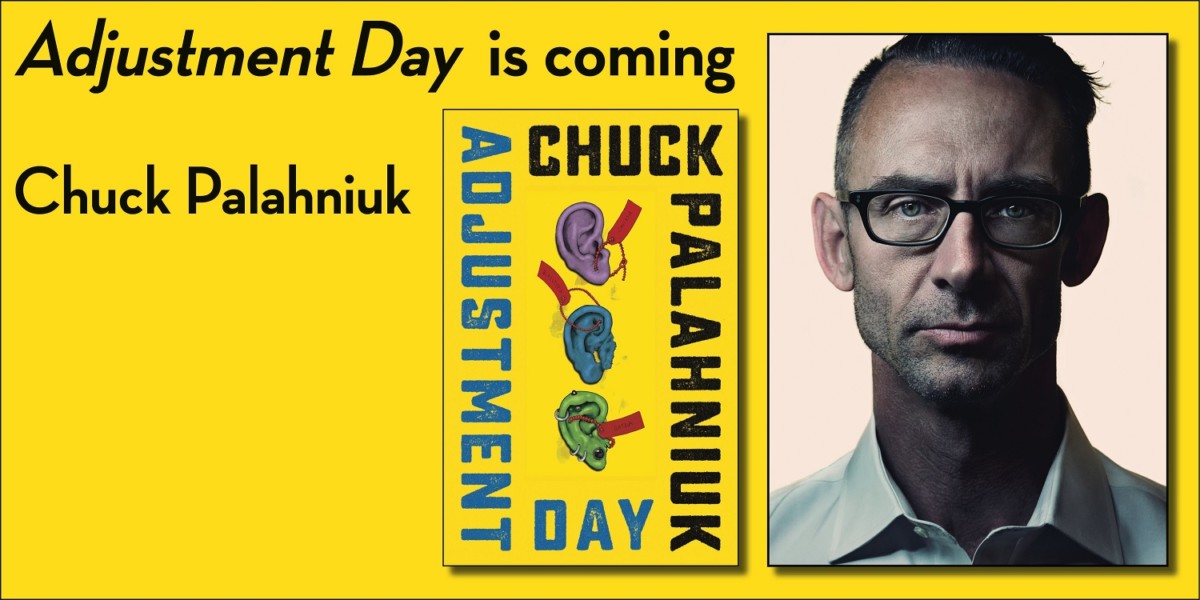


More wit and subversion might have led to Adjustment Day being an entertainingly Swiftian provocation, but these shafts of enlightenment are marooned within acres of boredom and dull prose. Also effective is his strangely upbeat scenario in which viable sperm is collected from all male citizens while women are forced into Handmaid’s Tale-style sex slavery. Here Palahniuk’s writing finally comes alive. There are a few upsides: the description of Gaysia carries conviction. At a time when parents and children are being forcibly separated at US border control and imprisoned, there is hardly a need for this oddly dated polemic.

While his descriptions of Project Mayhem in Fight Club suggested a real nihilistic rage, there is little more here than tired shock tactics. Yet, like so many other writers, success and fame have blunted his anger. Leaving aside unhappy associations with Ayn Rand, the suggestion is that, after a series of books that have failed to ignite popular culture the way his debut novel did, he has returned to the high-octane satirical form that excited a generation. Palahniuk has said in interviews that “ Adjustment Day will be to Fight Club what Atlas Shrugged is to The Fountainhead”. The remnants (who exclude the politicians, journalists and other members of the “metropolitan elites”) live in three separate states: Caucasia, an ersatz recreation of a traditional white haven Blacktopia, where the predominantly African American inhabitants have access to futuristic technology (which bears an unfortunately close resemblance to the film Black Panther) and Gaysia, a boot camp where homosexuals are forcibly “converted”.Īnd then, with this grim dystopia established, the book sputters out, ending with a limp whimper. In his post-apocalyptic US, with its “Declaration of Interdependence”, violence is the only true currency and members of society have to kill to be regarded as fully paid-up citizens.

Which, it transpires, is barely worth waiting for. Then, nearly halfway through, the much-anticipated slaughter occurs and Palahniuk can get to his point. There are numerous keen young Nietzscheans hunting down various public figures on a hate list, “America’s Least Wanted” – proof of their deaths, one severed ear – and there is a badly bullied boy whose father burns down his school, plus a few others to cover his tracks. There is a corrupt senator seeking to reduce the population of young, underemployed millennial men by sending them all off to conflict in an unnamed Middle Eastern country where, by mutual consent, they and their enemies will all be vaporised by an atomic bomb.


 0 kommentar(er)
0 kommentar(er)
